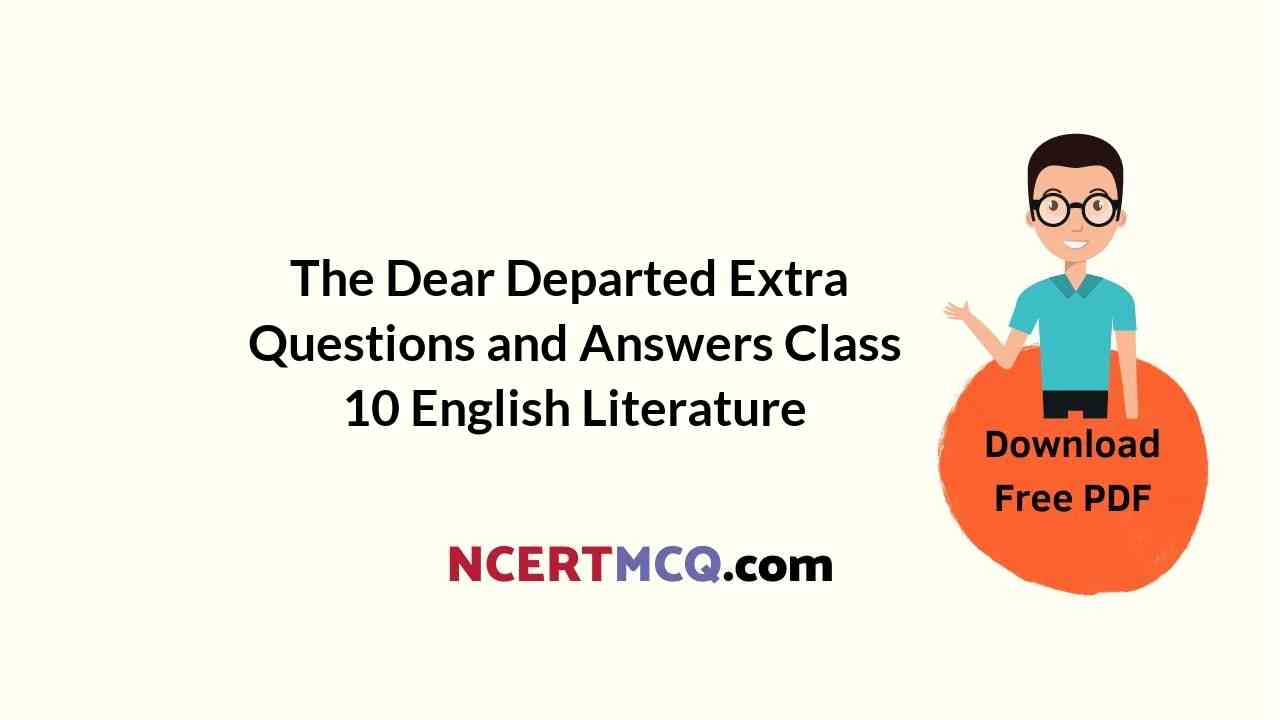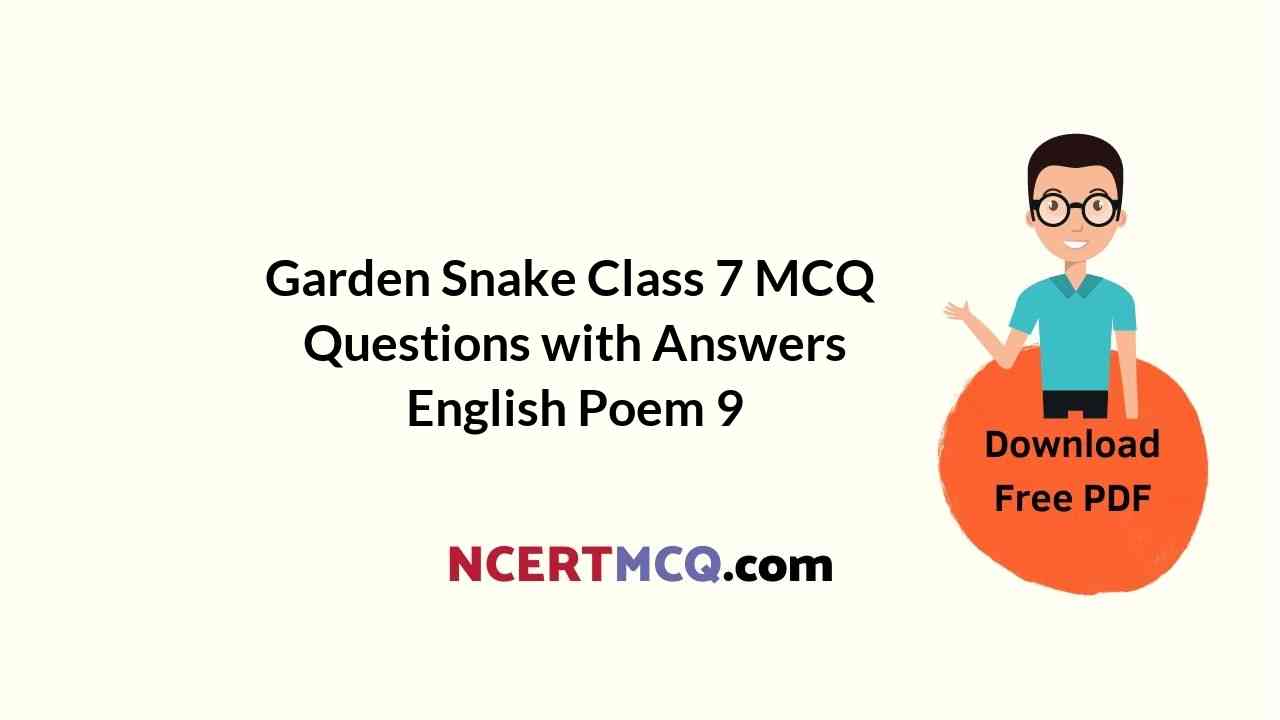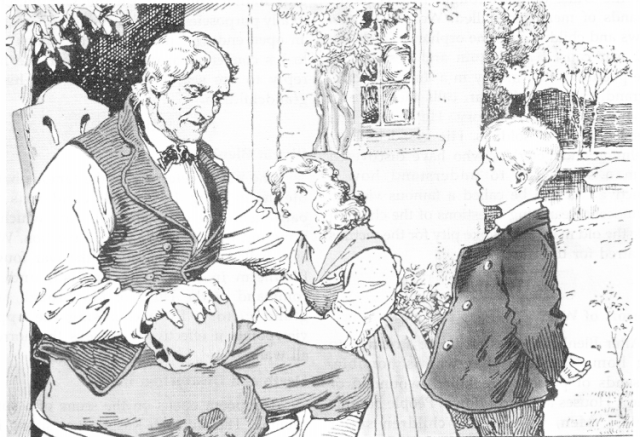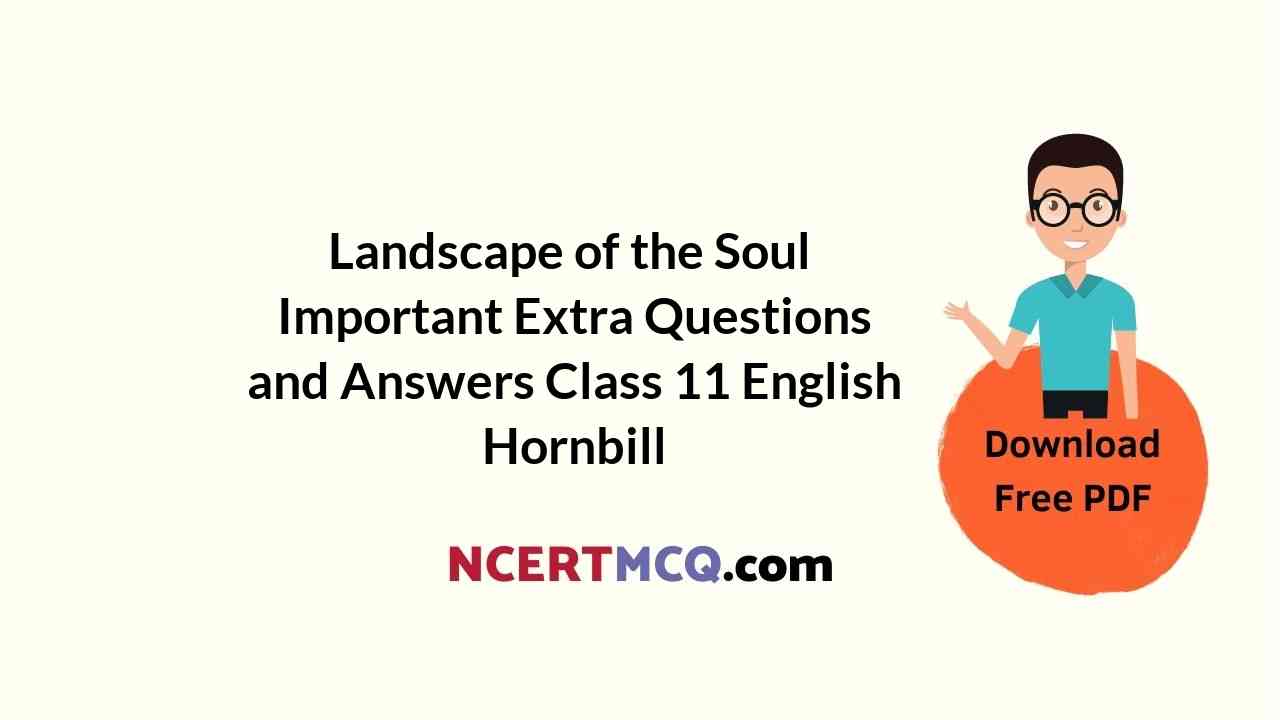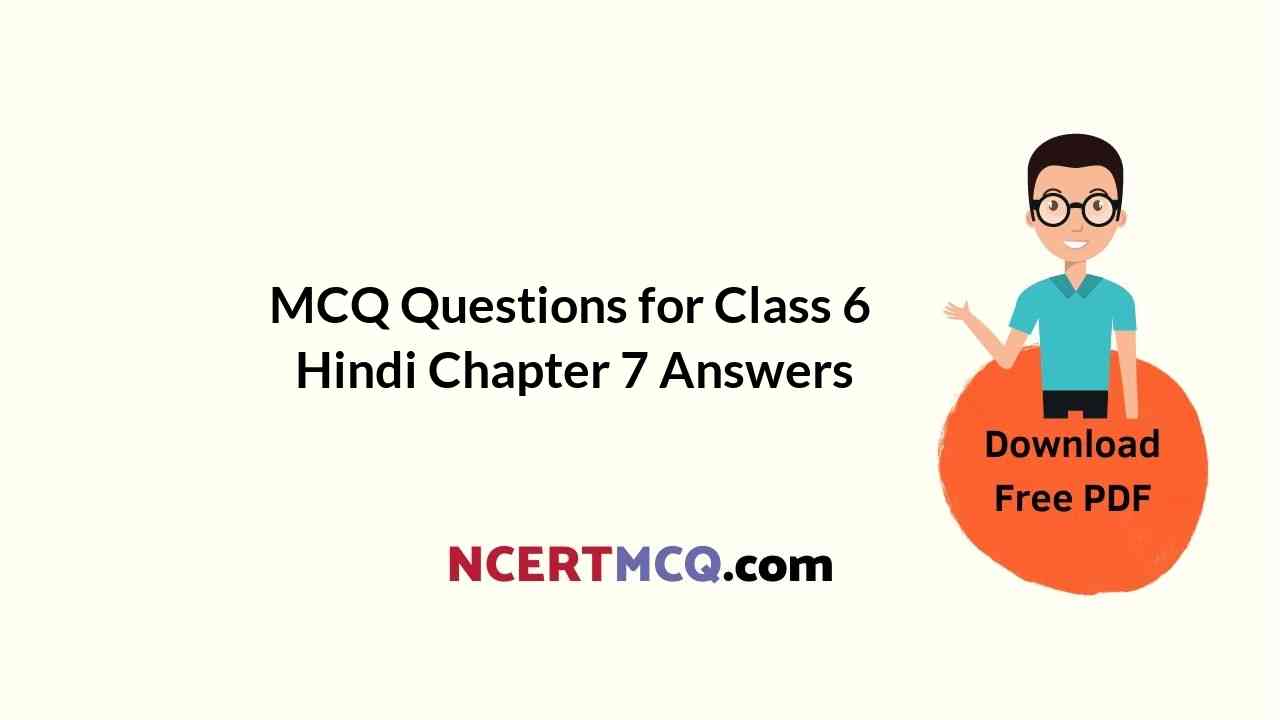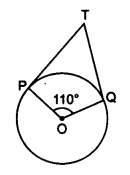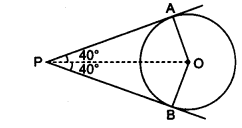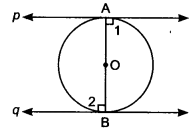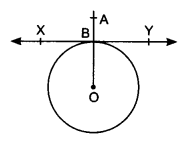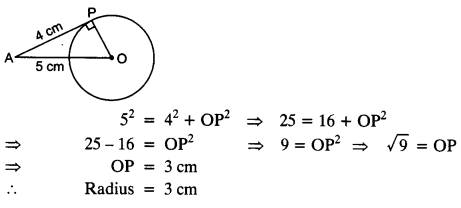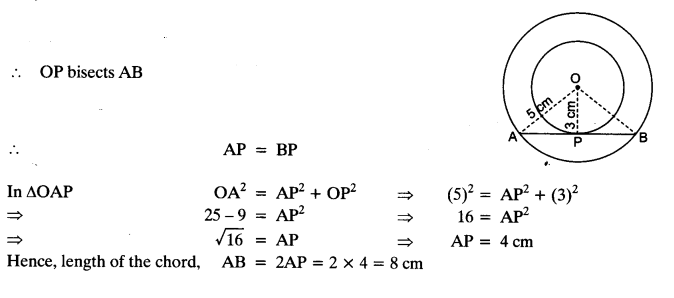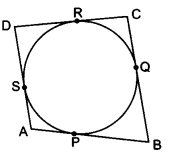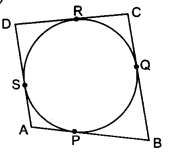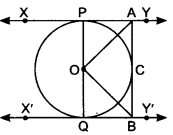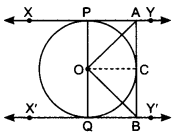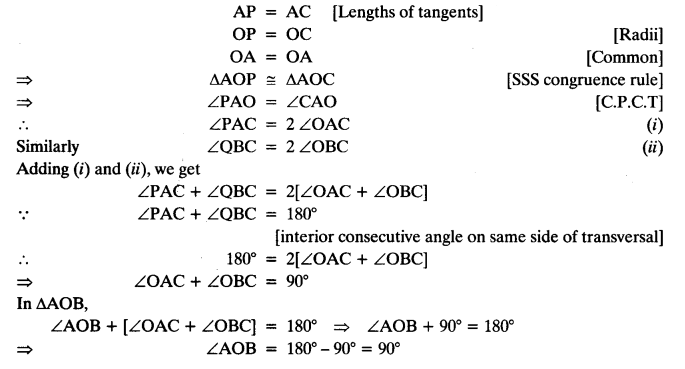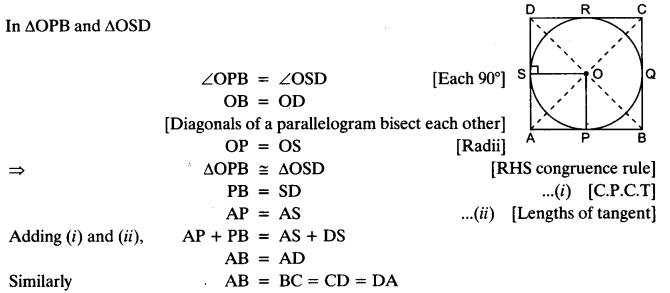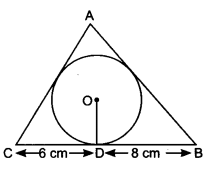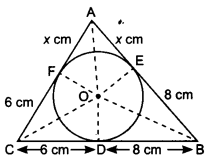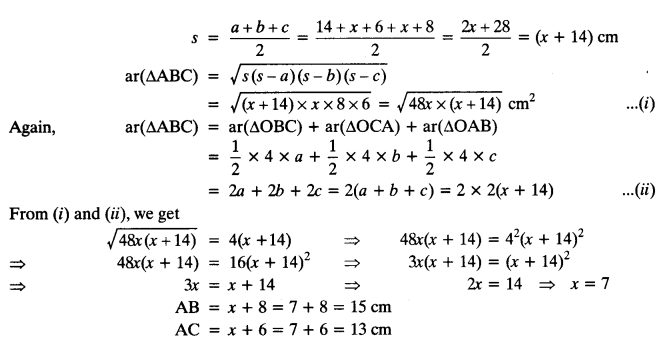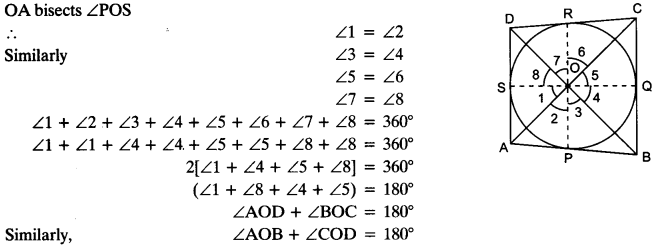
In Online Education A conjunction is a word that joins words, phrases and sentences. They are called linkers or connectors also. Words such as ‘and’, ‘but’ and ‘or’ are conjunctions.
This grammar section explains English Grammar in a clear and simple way. There are example sentences to show how the language is used. You can also visit the most accurate and elaborate NCERT Solutions for Class 9 English. Every question of the textbook has been answered here. https://ncertmcq.com/conjunction-exercise-for-class-9/
Online Education Conjunctions Exercises for Class 9 CBSE With Answers Pdf
Conjunction Exercise For Class 9
A conjunction is a part of speech that is used to connect words, phrases, clauses, or sentences. Conjunctions are considered to be invariable grammar particles, and they may or may not stand between items they conjoin.
Examples:
(A) 1. He typed the report and his friends took the notes.
2. I tried my best but couldn’t open the lock.
3. Will you finish it yourself or you need my help?
- We use ‘and’ to join similar facts or statements.
- We use ‘but’ to express contrast between two statements.
- We use ‘or’ to express a choice between two alternatives.
(B) Conjunctions may be used in pairs as well.
Either-or-Either stand up or leave the class.
Neither-nor-He can play neither cricket nor basketball properly.
Whether-or-I do not know whether to believe you or not.
Both-and-Our teacher is both honest and hard-working.
Not only-but also-The child is not only naughty but destructive also.
Note : Such types of conjunctions are also called correlative conjunctions. These are used immediately before the words to be connected.
There are certain compound expressions also which can be sometimes used as connectors like even if, as though, so that, as well as, provided that, in order that, etc.
Examples:
- She walks as if she were lame.
- I will give you money provided that you promise to return it one time.
- He is good-looking as well as well-mannered.
The conjunctions are of two types.
A. Co-ordinating Conjunctions
These types join clauses of equal rank.
Example
- Finish the work or I will complain against you.
B. Subordinating Conjunctions
These types join a clause with another on which it depends for its complete meaning.
Example
- We eat so that we may live.
- If it rains, we shall cancel the program.
Conjunctions Exercises Solved Examples for Class 9 CBSE
Fill in the blanks with appropriate conjunctions.
Conjunction Class 9 Question 1.
(a) it was raining, the staff came late.
(b) Do not visit that place I ask you to.
(c) You will get the money ‘ou do as you are told.
(d) I work hard ¡ may fulfil my ambition.
(e) the children were sleeing, he mother finished cooking her food.
(f) pay the money face the music.
(g) He has not been keeping well he came to Delhi.
(h) He was punished he had disobeyed his teacher.
(j) She talks a lot is otherwise, a sincere girl.
(j) Our parents are loving caring.
Answer:
(a) As/Since/Because
(b) unless
(c) provided that
(d) so that
(e) While
(f) Either, or
(g) since
(h) because/as/for
(i) but
(j) both, and
Conjunctions Exercises For Class 9 With Answers Question 2.
(a) This iPad is expensive . very useful.
(b) My doggy (Frisky) is very cute intelligent.
(c) Teachers love Reshma she is very obedient.
(d) I informed my sister her coach.
(e) Strike the iron ¡t is hot.
(f) a borrower a lender be.
Answer:
(a) but
(b) and
(c) and
(d) both, and
(e) while
(f) Neither, nor
Conjunction Exercise Class 9 Question 3.
(a) you say it with so much conviction, I would like to believe you.
(b) My father was tired he could barely stand.
(c) He lost his balance fell off the bicycle.
Answer:
(a) Since
(b) so, that
(c) and
Conjunctions Exercises For Class 9 Icse With Answers Question 4.
(a) I did not come to your party you did not invite me.
(b) She will not pay forced.
(e) I know him better you do.
Answer:
(a) because
(b) unless
(c) than
Joining Sentences Exercises With Answers Class 9 Question 5.
(a) We shall stay here you return.
(b) 11e felt sorry he had committed the mistake.
(c) Be careful you will fall.
(d) my mother’s father is at home.
Answer:
(a) until
(b) for
(c) otherwise
(d) Neither, nor

